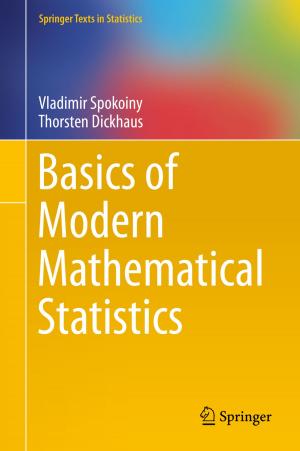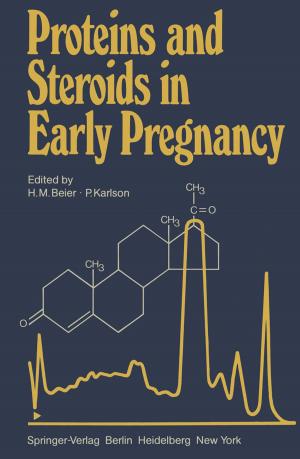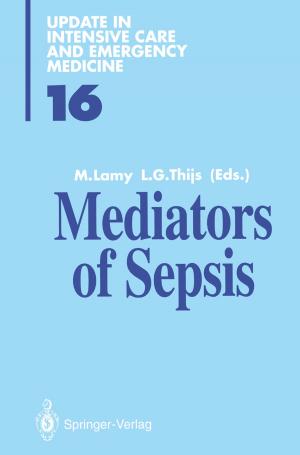Uncertain Data Envelopment Analysis
Business & Finance, Management & Leadership, Operations Research| Author: | Meilin Wen | ISBN: | 9783662438022 |
| Publisher: | Springer Berlin Heidelberg | Publication: | July 24, 2014 |
| Imprint: | Springer | Language: | English |
| Author: | Meilin Wen |
| ISBN: | 9783662438022 |
| Publisher: | Springer Berlin Heidelberg |
| Publication: | July 24, 2014 |
| Imprint: | Springer |
| Language: | English |
This book is intended to present the milestones in the progression of uncertain Data envelopment analysis (DEA). Chapter 1 gives some basic introduction to uncertain theories, including probability theory, credibility theory, uncertainty theory and chance theory. Chapter 2 presents a comprehensive review and discussion of basic DEA models. The stochastic DEA is introduced in Chapter 3, in which the inputs and outputs are assumed to be random variables. To obtain the probability distribution of a random variable, a lot of samples are needed to apply the statistics inference approach. Chapter 4 and 5 provide two uncertain DEA methods to evaluate the DMUs with limited or insufficient statistical data, named fuzzy DEA and uncertain DEA. In order to evaluate the DMUs in which uncertainty and randomness appear simultaneously, the hybrid DEA based on chance theory is presented in Chapter 6.
This book is intended to present the milestones in the progression of uncertain Data envelopment analysis (DEA). Chapter 1 gives some basic introduction to uncertain theories, including probability theory, credibility theory, uncertainty theory and chance theory. Chapter 2 presents a comprehensive review and discussion of basic DEA models. The stochastic DEA is introduced in Chapter 3, in which the inputs and outputs are assumed to be random variables. To obtain the probability distribution of a random variable, a lot of samples are needed to apply the statistics inference approach. Chapter 4 and 5 provide two uncertain DEA methods to evaluate the DMUs with limited or insufficient statistical data, named fuzzy DEA and uncertain DEA. In order to evaluate the DMUs in which uncertainty and randomness appear simultaneously, the hybrid DEA based on chance theory is presented in Chapter 6.















